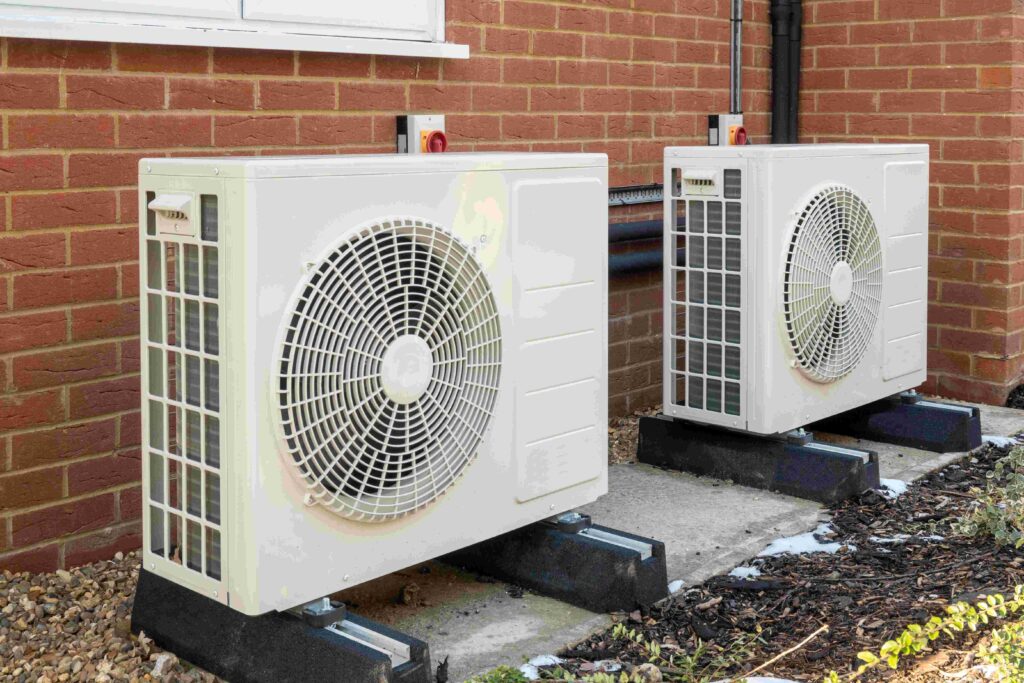Energy bills are one of the biggest pressures on household budgets. Prices keep shifting, and many people struggle to keep up. If you’re on Universal Credit, the extra support available can ease that pressure. With the right mix of financial help and smarter energy choices, you can bring down costs for good.
Understand Universal Credit Extra Support
Universal Credit helps with living costs if you’re on a low income, out of work, or unable to work. Beyond the regular Universal Credit payment, there’s targeted support to help with essentials like energy bills.
The benefit also includes a housing costs element, which can ease pressure on your budget and free up money for heating and electricity. If you own your home, support for mortgage interest can provide relief when both housing and energy bills become difficult to manage.
Maximise Government Schemes and Discounts
Alongside Universal Credit, several government-backed schemes can help with heating and energy costs. Some apply automatically, while others depend on your circumstances. Here are the main ones to know about:
- Warm home discount: Gives eligible households a set amount off their electricity bill each winter.
- Winter fuel payment: Supports older people with heating costs during colder months.
- Cold weather payment: Provides extra money when temperatures fall below a set level for seven days.
- Discretionary housing payments: Offered by local councils to help when housing costs make it hard to cover energy bills.
Other benefits such as Personal Independence Payment, Disability Living Allowance, or Carer’s Allowance don’t qualify for ECO4, but they may still give access to the Warm Home Discount or supplier hardship funds, especially if you have a health condition or a recognised limited capability for work.
To get most of these benefits, you often don’t need to apply separately. If you’re on Universal Credit, the Department for Work and Pensions (DWP) usually checks eligibility automatically. Still, it’s worth making sure your details are up to date with both your energy supplier and the DWP. Missing information could mean missing out.
Improve Energy Efficiency at Home
Cutting waste at home is just as important as finding financial support. Simple upgrades like fitting LED bulbs, sealing draughts, or using smart plugs can reduce energy use straight away.
For bigger savings, you may need larger improvements such as insulation, a modern boiler, or a smart meter. These cost more, but support is available to cover them. Many people assume energy upgrades are out of reach, but if you’re on Universal Credit and ECO4, you could access schemes that remove the expense. Energy companies can cover the cost of insulation, heating, or other efficiency measures, making your home cheaper to run without draining your budget.

Grants like this tackle the root problem of inefficient homes instead of just helping you pay for high bills. Checking your eligibility could be one of the most valuable steps you take.
Switch to a Cheaper Tariff
Even with the government’s energy price cap, tariffs vary. If you’ve been on the same deal for years, you might be overpaying. Switching can save you money, and comparison tools make the process easier than ever.
Some suppliers also offer special tariffs for people on benefits. If you’re receiving Universal Credit, ask your provider if they have a lower-cost option. You may also find social tariffs, designed to support households that need extra help. Checking once a year can make sure you’re never stuck on a poor deal.
Talk to Your Energy Supplier
Don’t ignore your supplier if you’re struggling with your bills. They have a duty under rules set by the Office of Gas and Electricity Markets (Ofgem) to help you. That can include setting up affordable repayment plans, pausing debt collection, or fitting a prepayment meter if it’s the right choice for you.
If you’re on Universal Credit, you have extra protections. Suppliers are expected to treat you fairly and take your circumstances into account. It’s always better to speak up early rather than let debt build up. Ask them about hardship funds too. Many companies run their own grants.
Additional support is also available. Citizens Advice can explain your rights and even speak to your supplier. Your work coach at the Jobcentre may guide you towards help if energy costs are making it harder to keep up with your claimant commitment.
Build Long-Term Habits
Lower bills aren’t just about outside help. The way you use energy each day makes a difference. Tracking your usage helps you spot patterns and cut back where it matters most. Many smart meters come with apps that show you what’s costing you the most.
You can also build routines that reduce waste. Drying clothes outdoors when possible, setting heating to a steady lower temperature, or cooking in batches can all help. It’s not about living uncomfortably. It’s about being aware of what saves you money in the long run.
Budgeting tools are another useful habit. Planning for higher winter bills, even when summer costs are lower, means you won’t be caught off guard.
Beyond energy use, other expenses can affect your budget too. If childcare is one of your biggest outgoings, remember the childcare costs element in Universal Credit can cover a portion of it, freeing up money for energy bills. Similarly, if bills spike, you may be able to request a budgeting advance. Parents managing child maintenance payments can also benefit from planning ahead so energy costs don’t clash with family responsibilities.
Parting Words
Universal Credit extra support gives you a safety net, but pairing it with practical energy steps makes the biggest difference. Use government schemes, ask your supplier for help, and take advantage of grants that improve your home.
Combine these with simple daily changes, and you’ll manage the next bill more easily while building long-term savings. For many households, these layers of financial assistance make energy costs easier to plan for and far less stressful.

